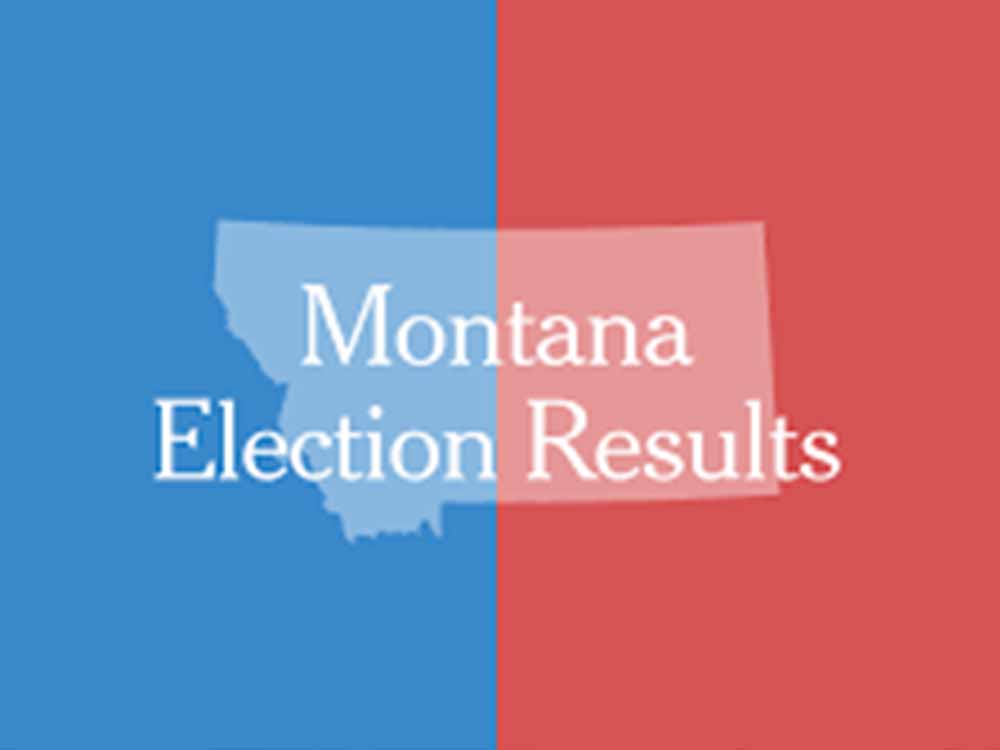Montana Special Election 2017 – A High-Stakes Showdown in Big Sky Country
The Montana special congressional election of 2017 emerged as a political battleground that captured the nation’s attention. This fiercely contested race, taking place in a vast and iconic Western state, was characterized by its dramatic events, national implications, and the resonance of key issues in American politics.
The Vacancy and the Candidates
The special election was called to fill the seat in Montana’s sole congressional district following the appointment of then-Congressman Ryan Zinke as the U.S. Secretary of the Interior in the Trump administration. The election featured two main candidates who represented competing ideologies and visions for the state and the country.
On the Republican side was Greg Gianforte, a wealthy businessman who had previously run for governor of Montana. Gianforte positioned himself as a conservative and aligning with President Donald Trump’s agenda.
The Democratic candidate was Rob Quist, a musician and political newcomer. Quist ran as a populist, championing progressive policies and positioning himself as an advocate for Montana’s working-class citizens.
A Controversial Incident – The Assault Charge
One of the defining moments of the Montana special election was a controversial incident involving Greg Gianforte just one day before the election. Gianforte was accused of assaulting a reporter from The Guardian, Ben Jacobs, during an interview. The incident generated national headlines and drew condemnation from both sides of the political aisle.
Despite the assault charge, Gianforte continued his campaign and was elected to Congress, but the incident would leave a lasting mark on the election and contribute to the national discourse on the relationship between the media and politicians.
Greg Gianforte’s Victory
The special election took place on May 25, 2017. In the end, Greg Gianforte emerged as the winner, securing 50.2% of the vote to Rob Quist’s 44.1%. The Green Party candidate, Mark Wicks, received 5.7% of the vote.
Gianforte’s victory maintained Republican control of Montana’s sole congressional district, continuing the party’s dominance in the state’s federal representation.
Implications and National Significance
The Montana special congressional election of 2017 held national significance for several reasons. Firstly, it was seen as an early test of the political landscape in the era of President Donald Trump. Montana had been a stronghold for Republicans, and Gianforte’s victory was interpreted by many as an affirmation of Trump’s popularity in conservative states.
Secondly, the election raised questions about the impact of controversial incidents on electoral outcomes. Gianforte’s assault charge generated significant media attention and prompted discussions about civility in politics and the role of the media.
Lastly, the election highlighted the Democratic Party’s efforts to compete in traditionally Republican strongholds. Rob Quist’s campaign, despite ending in defeat, energized the Democratic base and demonstrated that Democrats were willing to contest seats in even the reddest of states.
In retrospect, the Montana special congressional election of 2017 was a closely watched race that reflected the political divisions and dynamics of the United States in the early years of the Trump administration. It underscored the enduring significance of special elections in American politics and the ability of a single contest to capture the nation’s attention.











